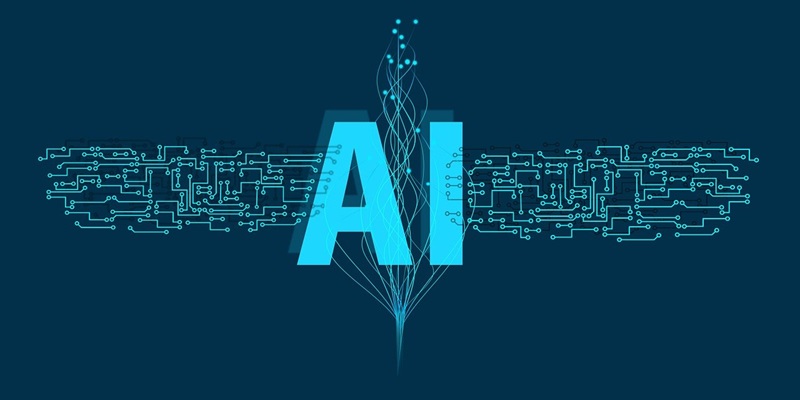Skillsoft’s recent upgrade to Codecademy infuses generative AI akin to ChatGPT, offering personalized learning and smarter coding tools to developers. This enrichment brings real-time coding aid, smart debugging tips, and tailored code comprehension, marking a transformative step in developer education.
Central to this innovation is training developers in “prompt engineering” through new courses, equipping them to interact precisely with AI for enhanced code creation. This skill is becoming essential for modern coding practices, facilitating better AI-generated outputs. With this, Codecademy aims to marry AI’s efficiency with human intellect, enhancing developers’ capabilities to achieve greater innovation and efficiency in their programming tasks. The fusion of AI insights with educational platforms is poised to elevate the developer experience to new levels of mastery and creativity.
A Paradigm Shift in Developer Education
Codecademy’s deployment of cutting-edge proprietary large language models (LLMs) marks a significant leap in educational AI use. These models, fine-tuned with specialized coding datasets by Skillsoft, deliver precise, relevant code suggestions that uphold strict coding standards. This addresses the inconsistency often found in AI-generated code, ensuring developers receive quality support.
Moreover, Skillsoft’s introduction of a virtual mock interview simulator signifies its dedication to fully preparing developers for the job market. This tool offers invaluable practice in a realistic interview setting, honing both technical skills and boosting candidates’ confidence. It’s a forward-thinking move that illustrates how AI, with its deepening role in the developer’s educational journey, is poised to transform the software industry by supporting continuous learning and skill advancement.

